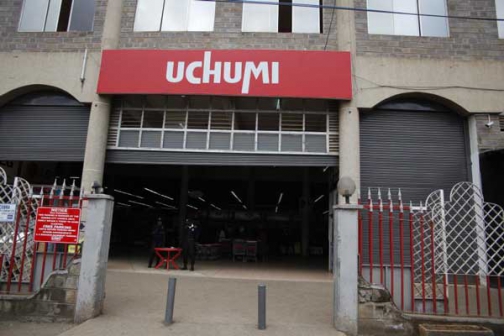
An article in last week’s edition of The Standard on Sunday titled ‘Uchumi stumbles through a maze in its quest to regain glory’ left me with mixed feelings. The gist of the story was that failure by the government to give a Sh1.2b bailout on time and difficulties in disposing off some assets have slowed down the recovery of the struggling firm.
There are many things to be said about the content of the article. I will highlight some issues that stood out for me. First, the government, whose intervention Uchumi is seeking to pull out of its current challenges, is reduced to a ‘bureaucratic red-tape of approvals’ hence a major impediment to the success of the recovery programme.